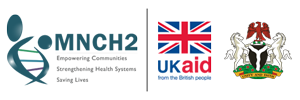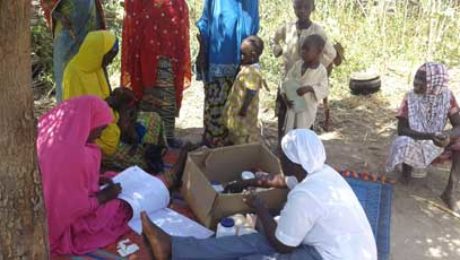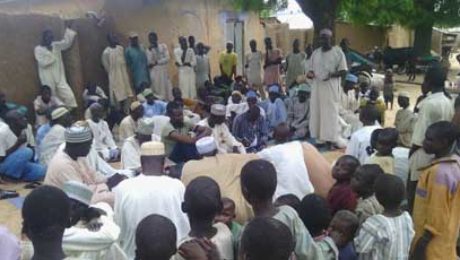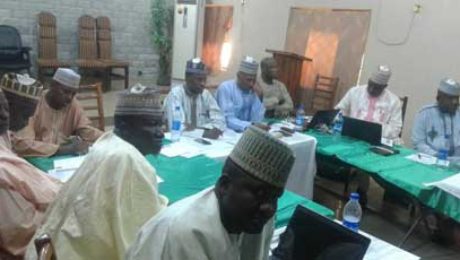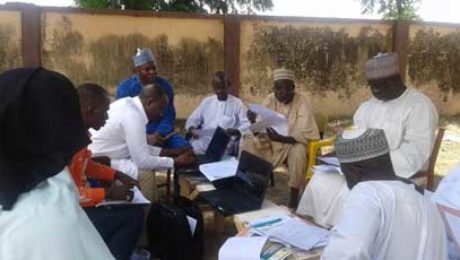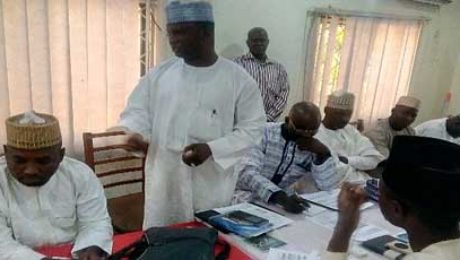Health care provision in Nigeria is the responsibility of the government at all levels as enshrined in the 1999 constitution (as amended). While the FHCs are themselves accountability structure at the community level as the state led Accountability Mechanisms (SLAMs) are, at the state level, the FHC Alliance on the other hand serves as the
MNCH2 has established MNCH accountability mechanisms known as SLAMs building on the Evidence for Action (E4A) experience. These mechanisms are built on existing CSO platforms. Their membership has been expanded and includes stakeholders who have a vested interest in improving MNCH and are motivated to take action such as civil society and community groups, health
Tripartite Memorandum of Understanding with Society of Gynecology and Obstetrics of Nigeria (SOGON) MNCH2 in collaboration with State Ministry of Health and Hospital Service Management Board signed a tripartite MOU with SOGON to facilitate tripartite collaboration in the conduct of Maternal and Perinatal Deaths Surveillance and Response (MPDSR), Integrated Supportive Supervision (ISS), Post Training Supportive
Zamfara State Primary Health Care Board (ZSPHCB) becomes functional The Zamfara State Primary Health Care under One Roof Law was passed and signed into Law on the 19th of May 2010 but the ZSPHCB was not functional. MNCH2 through the use of the Organizational Capacity Assessment Tool (OCAT) discovered this and swung into action. MNCH2
As part of MNCH2 support and technical assistance to the government of Zamfara, the programme has introduced the concepts of Maternal Death Review (MDR) in the state and established MDR committees at both state and secondary health facility level. The MDR committees help to improve the quality of obstetric care and reduce maternal mortality and
